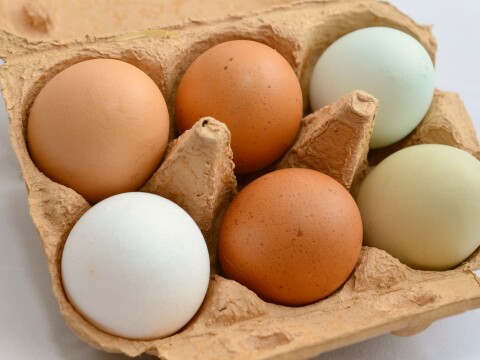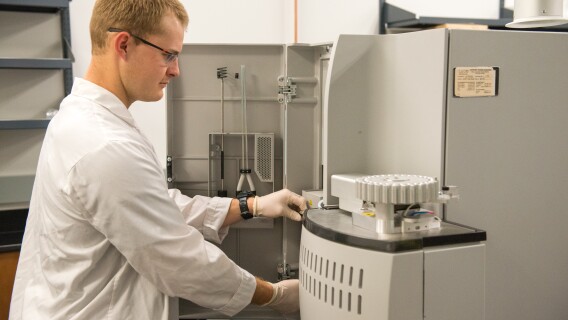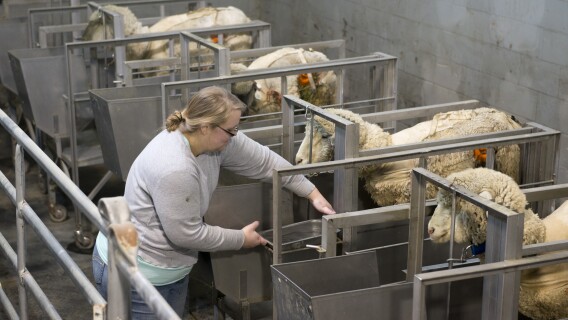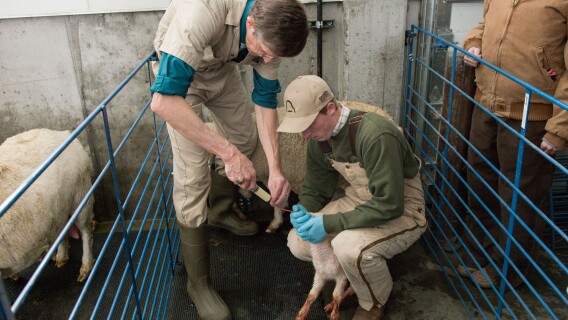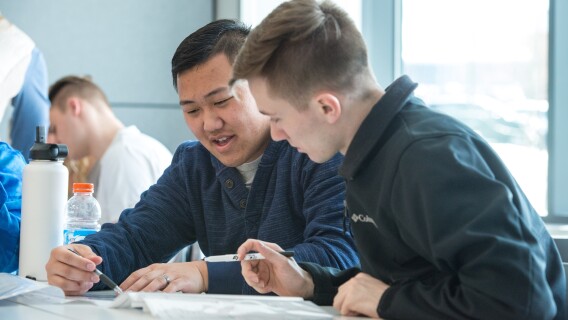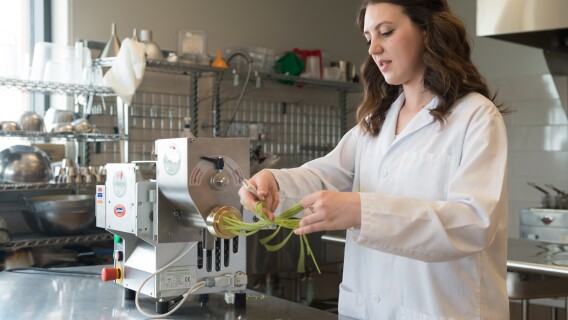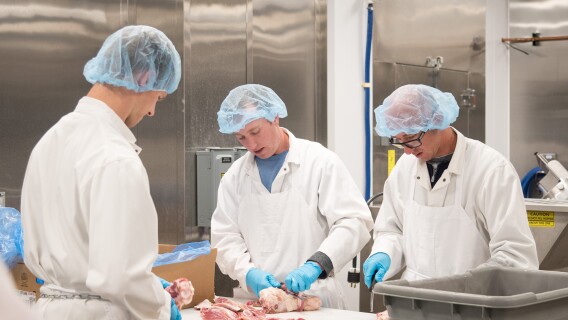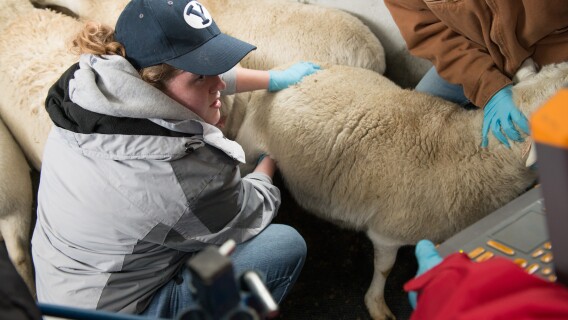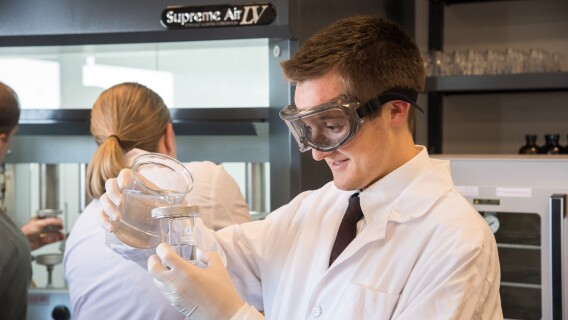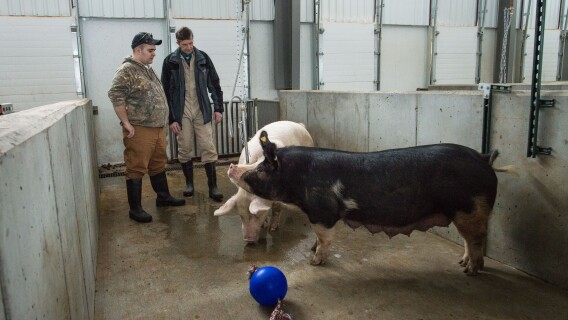Make A Difference In A Growing Industry
Animal Science focuses on animal care/husbandry, production of food animals, and processing/preservation of animal foods. Food Science is simply the science of food – including its composition, quality, safety, microbiology, chemistry, and processing.
The Animal Science program prepares students to understand two key principles of human existence: domesticated animal production and human nutrition.
Students have the opportunity to closely interact with faculty in farm and laboratory setting as they learn to integrate scientific discovery with practical knowledge and experience. Students apply their experiences by engaging in student organizations and through related work experiences or internships.
Food Scientists seek to understand how the quality, safety, sensory, shelf life, and nutritional characteristics of foods may be influenced and enhanced by composition, chemistry, and processing.
They conduct research and develop new food products, processes, and technologies to advance the production of common foods like breakfast cereals, beverages, dairy products, candy, etc. Food scientists work to ensure the quality and safety of food products on grocery store shelves and in restaurants to meet global needs for a diverse and wholesome food supply.
They conduct research and develop new food products, processes, and technologies to advance the production of common foods like breakfast cereals, beverages, dairy products, candy, etc. Food scientists work to ensure the quality and safety of food products on grocery store shelves and in restaurants to meet global needs for a diverse and wholesome food supply.
The Nutrition minor at BYU-Idaho provides students with an in-depth understanding of the science of nutrition and its applications in promoting health and preventing disease.
Through a variety of courses, students will learn about the essential nutrients the body needs, how the body processes food, and how nutrition affects human health throughout our lifespan.
Through a variety of courses, students will learn about the essential nutrients the body needs, how the body processes food, and how nutrition affects human health throughout our lifespan.
Bachelor's Degrees We Offer
For general information about each of our offerings, visit our
Degrees and Programs page.
Degrees and Programs page.
Associate Degrees We Offer
Minors We Offer
Support BYU-I students by purchasing meat products, eggs, and other semester-drive products produced by the Animal & Food Science Department labs.
